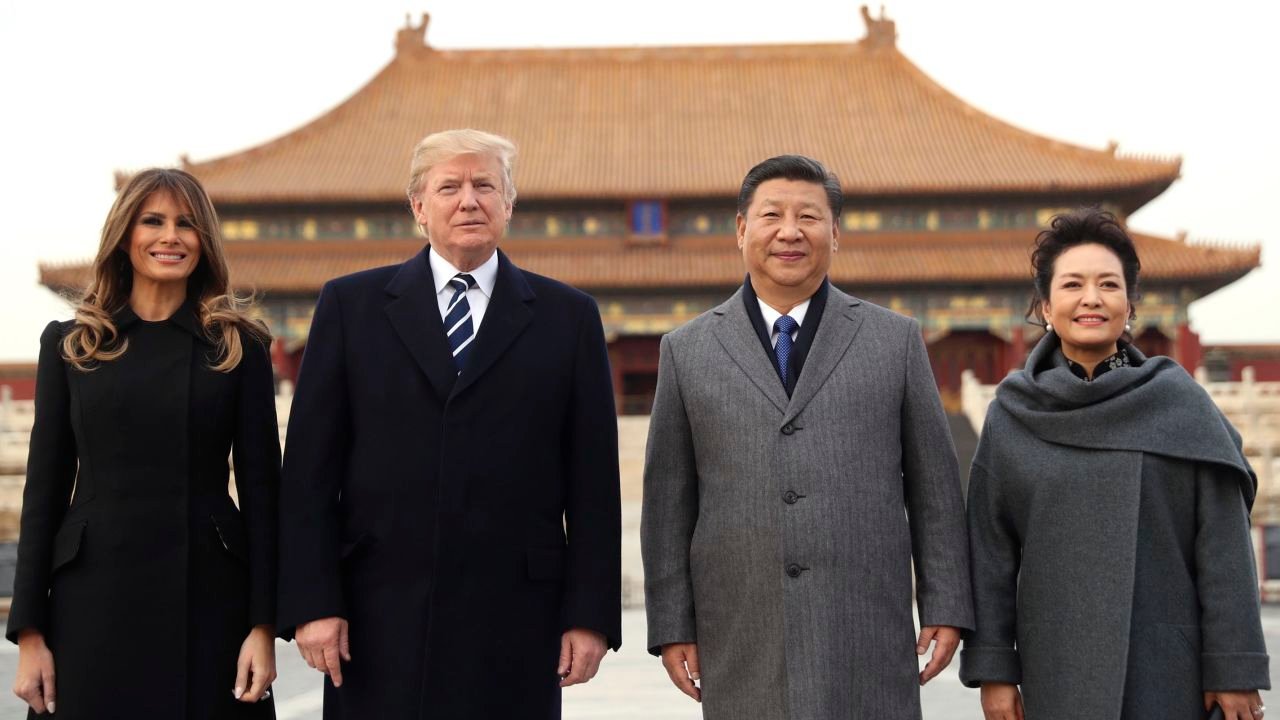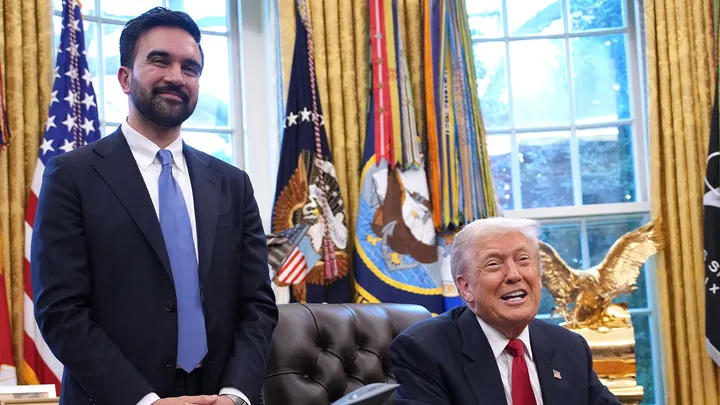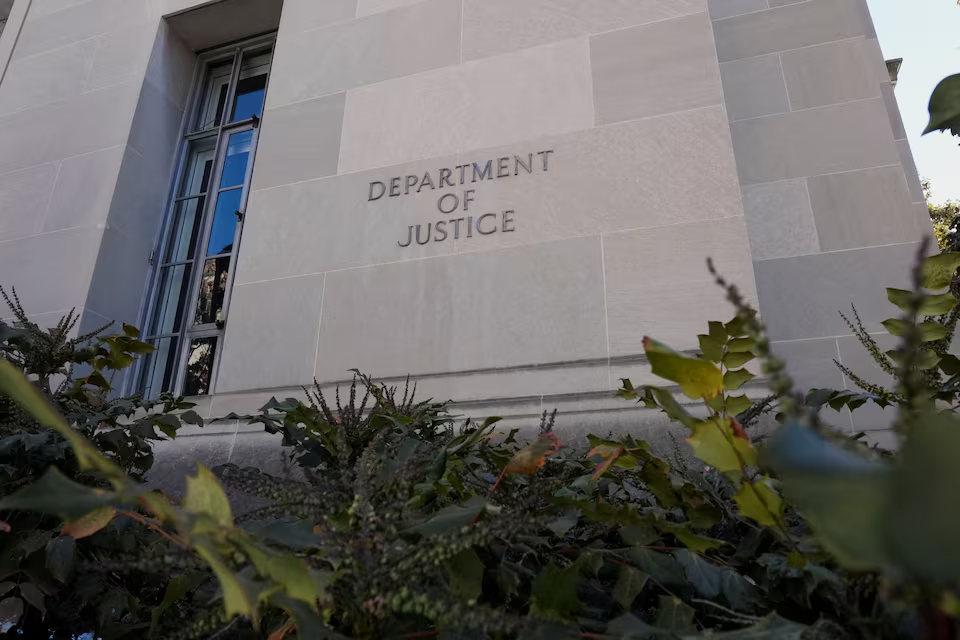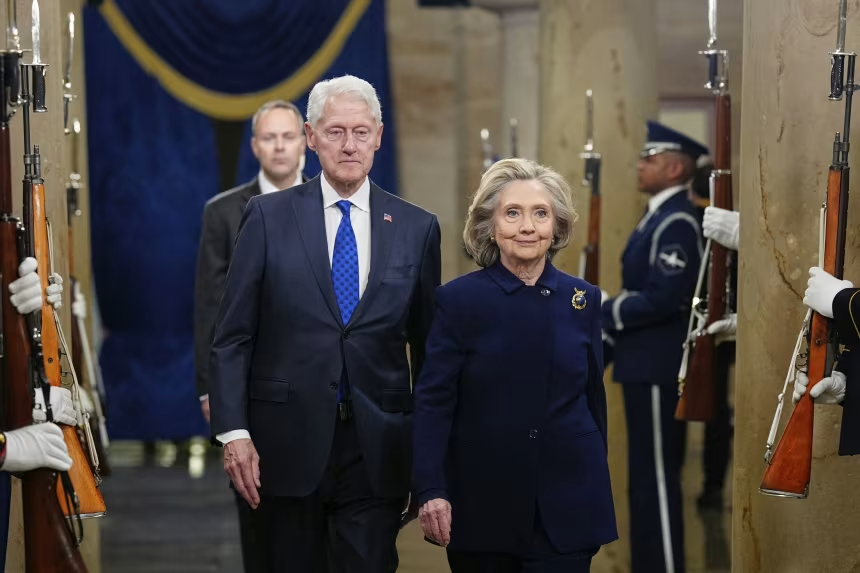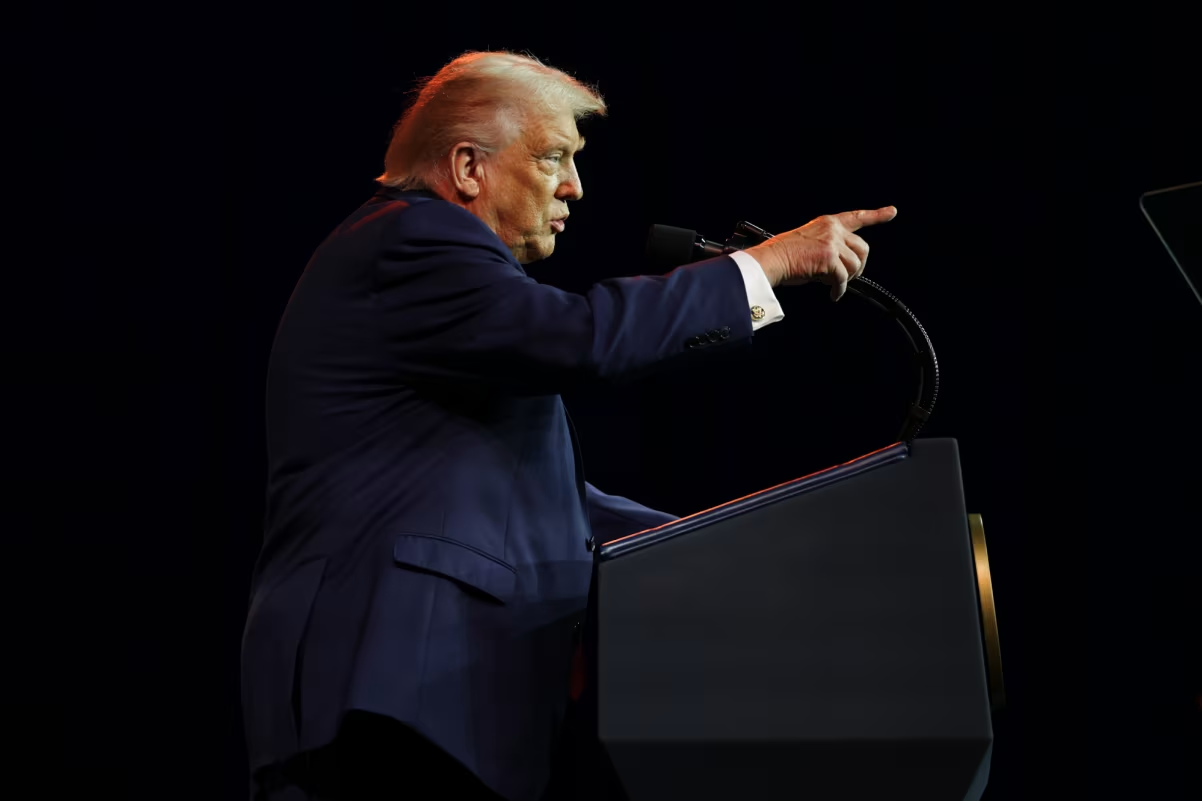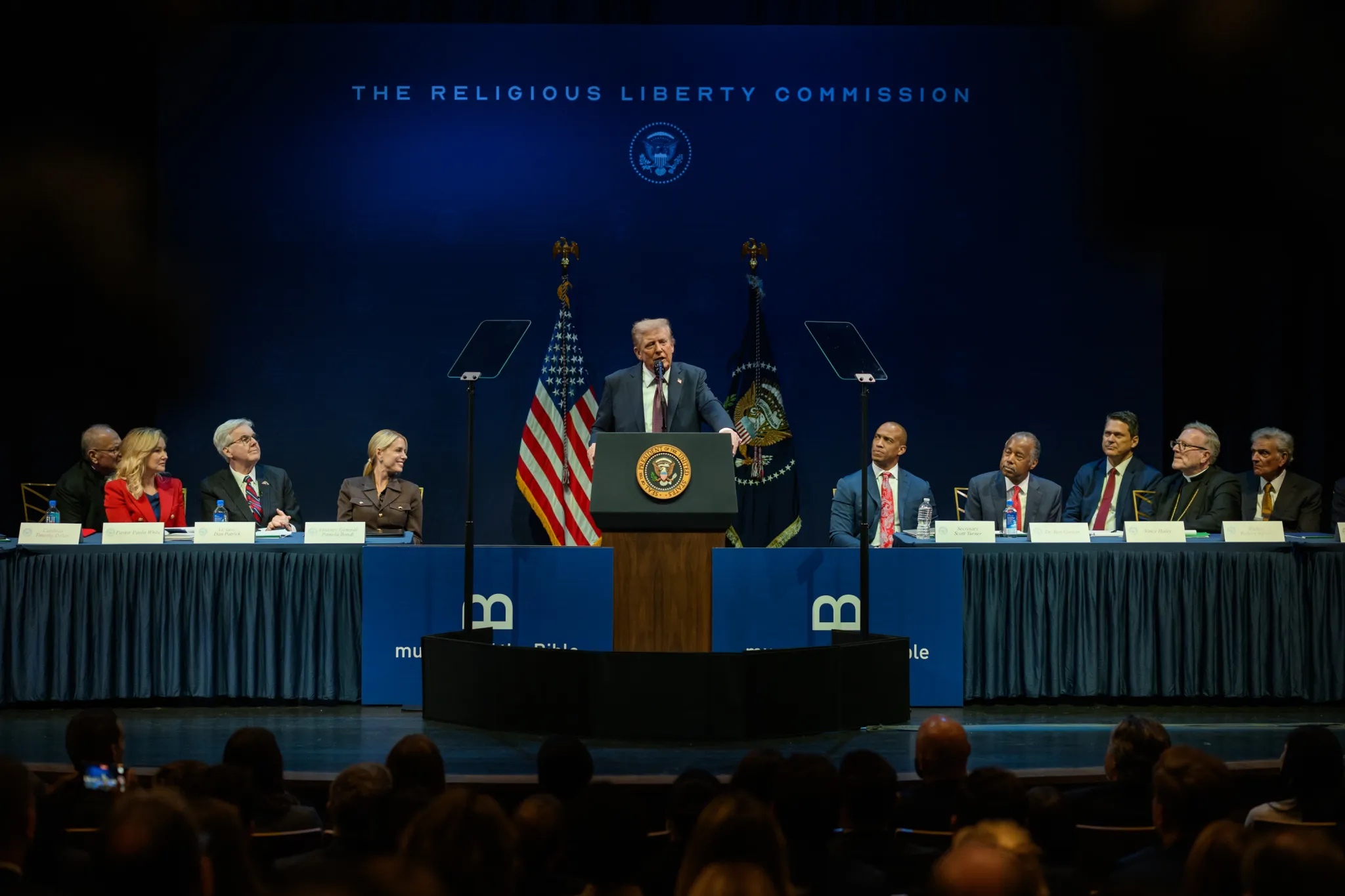Sigh of Relief in Global Trade — Washington and Beijing Agree to Reduce Tariffs for 90 Days: White House
The United States and China have agreed to temporarily reduce a significant portion of the mutual tariffs imposed over the past several months for a period of 90 days, according to a joint statement released by the White House. This marks a major step forward in the ongoing trade negotiations between the world’s two largest economies.
Sigh of Relief in Global Trade — Washington and Beijing Agree to Reduce Tariffs for 90 Days: White House
Sigh of Relief in Global Trade — Washington and Beijing Agree to Reduce Tariffs for 90 Days: White House
[Washington, May 12, 2025]
The United States and China have agreed to temporarily reduce a significant portion of the mutual tariffs imposed over the past several months for a period of 90 days, according to a joint statement released by the White House. This marks a major step forward in the ongoing trade negotiations between the world’s two largest economies.
In the joint statement published early Monday morning, it was noted: “Both sides agree that ongoing discussions provide a potential path to resolve mutual economic and trade concerns,” and that both countries are committed to proceeding “on the basis of mutual openness, sustained communication, cooperation, and respect.” As part of this commitment, the majority of tariffs imposed since the beginning of April will be suspended for 90 days.
U.S. Treasury Secretary Scott Bessent told reporters in Geneva, Switzerland, “We’ve decided on a 90-day pause.” He said that Washington and Beijing will each reduce their tariffs by 115 percentage points, allowing space for negotiations to move forward.
With this temporary reduction, U.S. tariffs on Chinese goods will effectively drop to around 30%, while China will lower its tariffs on imported American products to 10%.
In recent months, the U.S. had imposed tariffs as high as 145% on Chinese goods, prompting China to retaliate with tariffs of up to 125% on American imports. These developments triggered volatility in global financial markets, raising fears of a full-blown trade war between the two economic superpowers.
During a joint press conference in Geneva with U.S. Trade Representative Jamison Greer, Bessent said, “Both countries have made strong representations of their national interests. We are both committed to balanced trade, and the United States will move forward with that goal in mind.”
The announcement has already had a positive impact on commodities and currency markets across Asia and other regions.
On Sunday, Bessent said there had been “significant progress” with the Chinese delegation in Geneva, although Greer did not disclose the details of the agreement. However, he noted, “The speed at which we reached the deal suggests that perhaps our differences were not as great as previously assumed.”


